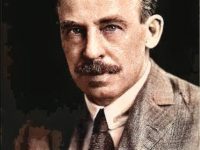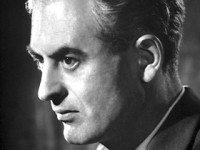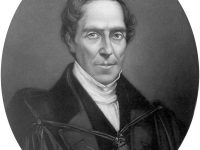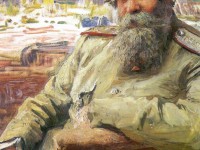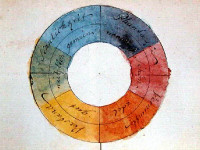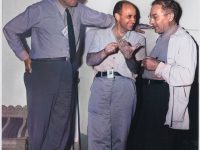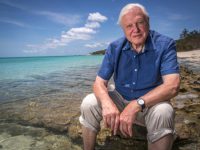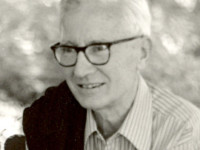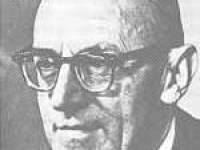Entomologist and Myrmecologist William Morton Wheeler
On March 19, 1865, American entomologist William Morton Wheeler was born. Wheeler published extensively on the classification, structure and behaviour of ants, on which he was a recognized world authority. Wheeler also wrote on problems of embryology, evolution, parasitism and the social life of animals in general. “But if the ants are not despondent because they have failed to produce a new social invention or convention in 65 million years, why should we be…
Read more

